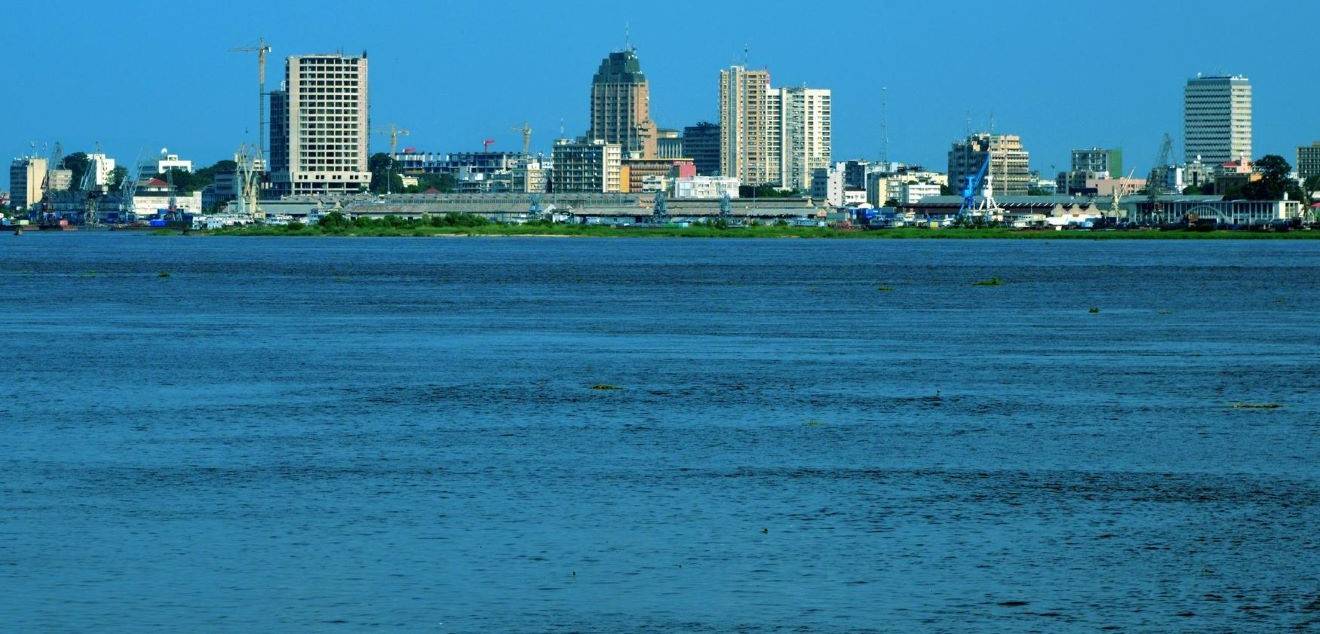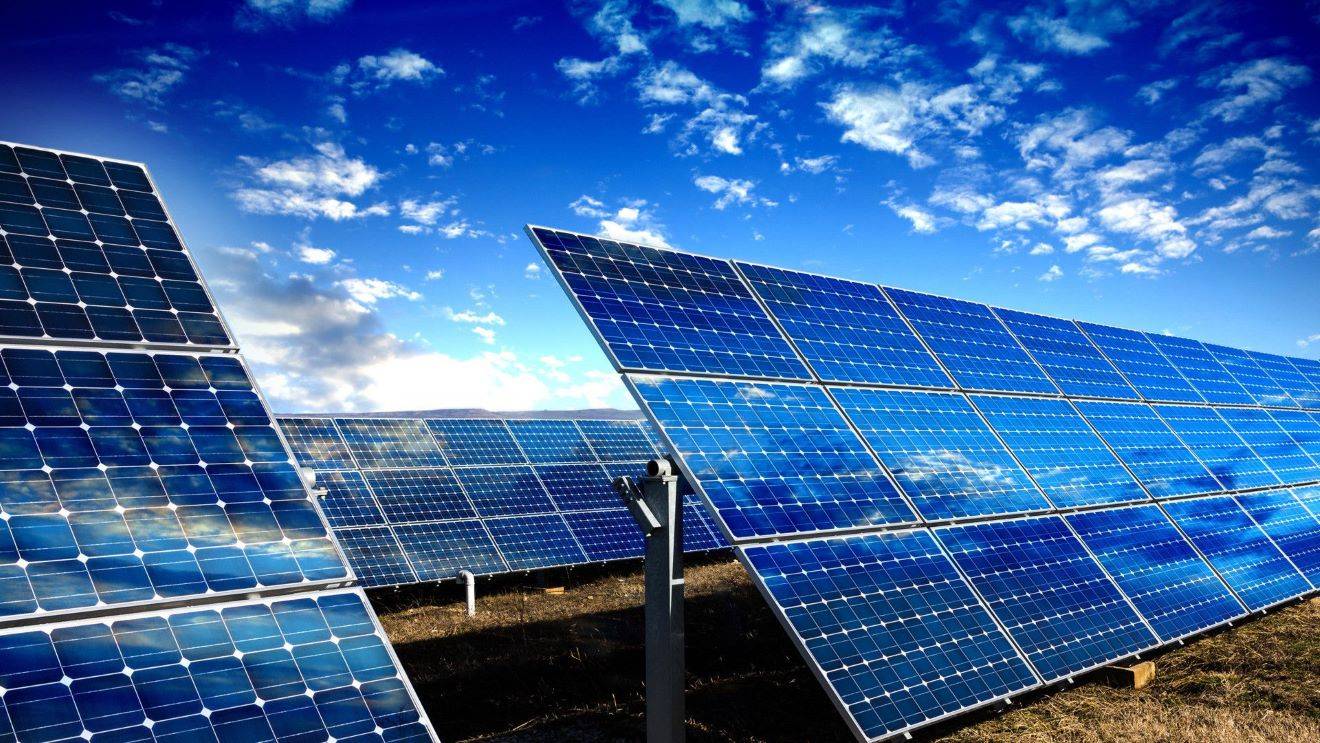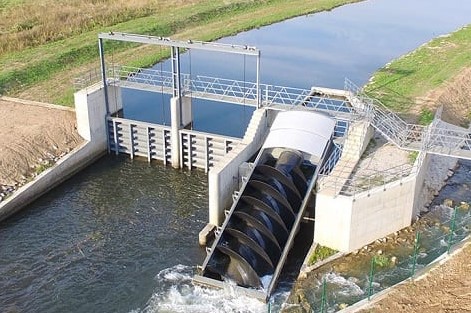Future Solutions at glance
Renewable energy Solutions
We seek to boost DRC's energy sector by investing in renewable energy solutions. We trust that renewable energy can play an important role in the country's energy security and in reducing greenhouse gas emissions. Using renewable energy can help to reduce energy imports and reduce fossil fuel use.
Renewable energies are sources of clean, inexhaustible and increasingly competitive energy. Growth in clean energies is unstoppable, as reflected in statistics produced annually by the International Energy Agency (IEA). Clean energy development is vital for combating climate change and limiting its most devastating effects.
MAIN ADVANTAGES OF CLEAN ENERGIES
The main renewable technologies – such as wind and solar photovoltaic – are drastically reducing their costs, such that they are the most economically efficient way to generate electricity in a growing number of markets. Economies of scale and innovation are already resulting in renewable energies becoming at lightning speed the most sustainable solution, not only environmentally but also economically, for powering the world.
Solar energy is suitable for heating and electricity generation using photo-voltaic cells installed on roof-tops of individual buildings. Medium-sized systems for community level power generation are also becoming popular. These installations are important to keep communities running at a lower cost for everyone.
The decentralized nature of solar power makes it a practical and viable energy source in remote areas located far from the electricity grid. This is crucial for agri-business in farms for running irrigation, greenhouses, and crop, making agriculture risk-free.
Technological developments and policy and subsides by the government have reduced the high costs of solar systems. So solar energy is now competitive with conventional energy sources.
The running costs are less and the initial investment is regained leading to subsequent savings in energy costs according to Greenpeace. This happens because the input for solar energy is free and clean sunlight while fossil fuels are mined and transported over long distance according to the Greenpeace myth report.
Renewable energies are sources of clean, inexhaustible and increasingly competitive energy. Growth in clean energies is unstoppable, as reflected in statistics produced annually by the International Energy Agency (IEA). Clean energy development is vital for combating climate change and limiting its most devastating effects.
MAIN ADVANTAGES OF CLEAN ENERGIES
- AGAINST CLIMATE CHANGE
- INEXHAUSTIBLE
- REDUCING ENERGY DEPENDENCE
- INCREASINGLY COMPETITIVE
The main renewable technologies – such as wind and solar photovoltaic – are drastically reducing their costs, such that they are the most economically efficient way to generate electricity in a growing number of markets. Economies of scale and innovation are already resulting in renewable energies becoming at lightning speed the most sustainable solution, not only environmentally but also economically, for powering the world.
- A FAVORABLE POLITICAL HORIZON
Solar energy's greatest attraction is that it can be produced on a small scale directly by the end consumers in contrast to large centralized conventional energy sources controlled by large corporations."At Future Solution, we put a strong focus on Small and Decentralized Solar Energy Solutions"
Solar energy is suitable for heating and electricity generation using photo-voltaic cells installed on roof-tops of individual buildings. Medium-sized systems for community level power generation are also becoming popular. These installations are important to keep communities running at a lower cost for everyone.
The decentralized nature of solar power makes it a practical and viable energy source in remote areas located far from the electricity grid. This is crucial for agri-business in farms for running irrigation, greenhouses, and crop, making agriculture risk-free.
Technological developments and policy and subsides by the government have reduced the high costs of solar systems. So solar energy is now competitive with conventional energy sources.
The running costs are less and the initial investment is regained leading to subsequent savings in energy costs according to Greenpeace. This happens because the input for solar energy is free and clean sunlight while fossil fuels are mined and transported over long distance according to the Greenpeace myth report.
Technology for development
Agriculture and Food Security
Consultancy and Advisory Services

icon10+
Supported Villages
icon6
ACTIVE PROJECTS
icon9
PIPELINE PROJECTS
icon32369
HOUSEHOLD SUPPORTED

eMBOKA Platform
An online platform that enhances good governance and service delivery
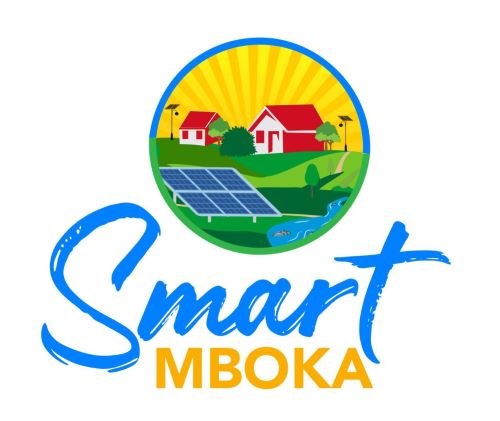
Smart MBOKA
Smart MBOKA is an innovative Smart Village Model developed by Future Solution aimed at improving...
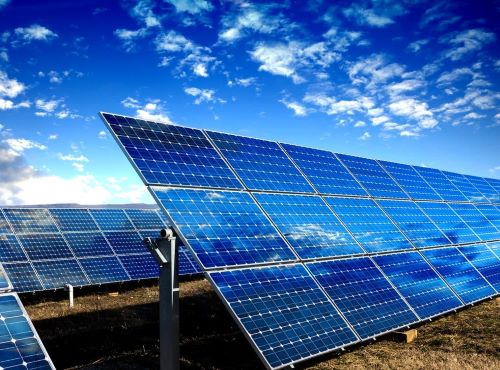
Small and Decentralized Solar Farms
Solar energy's greatest attraction is that it can be produced on a small scale directly by the end...

